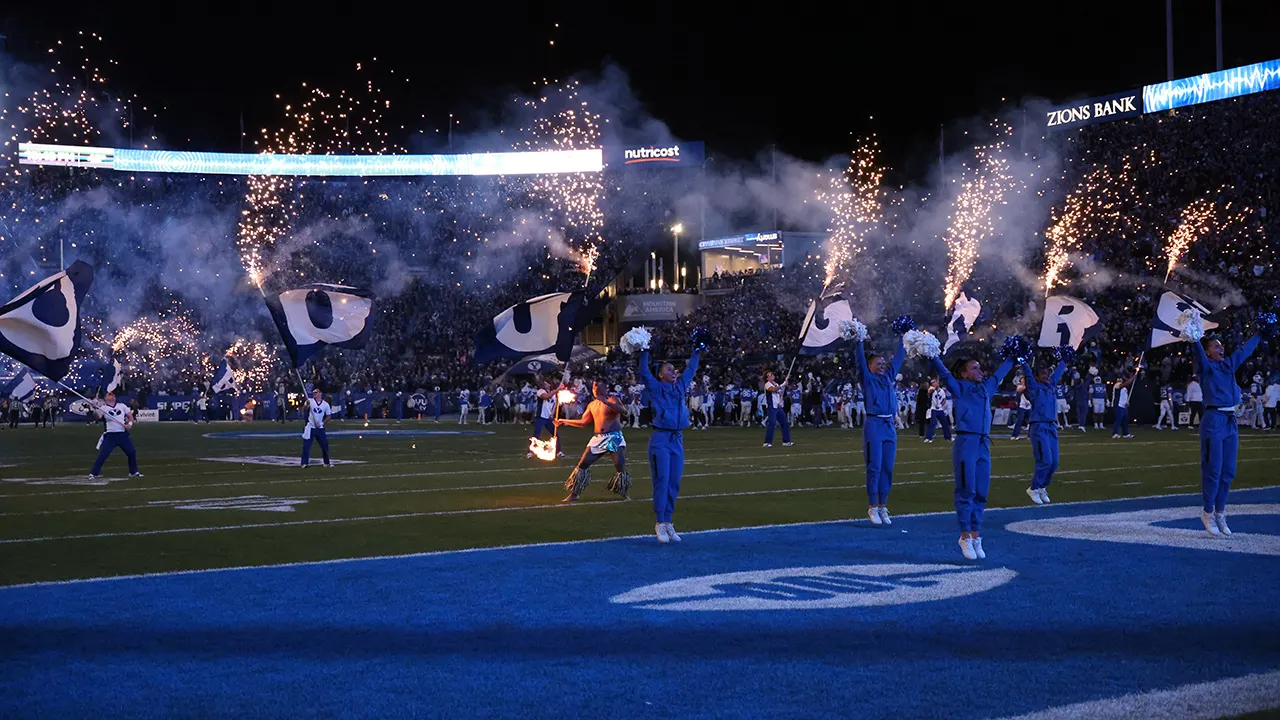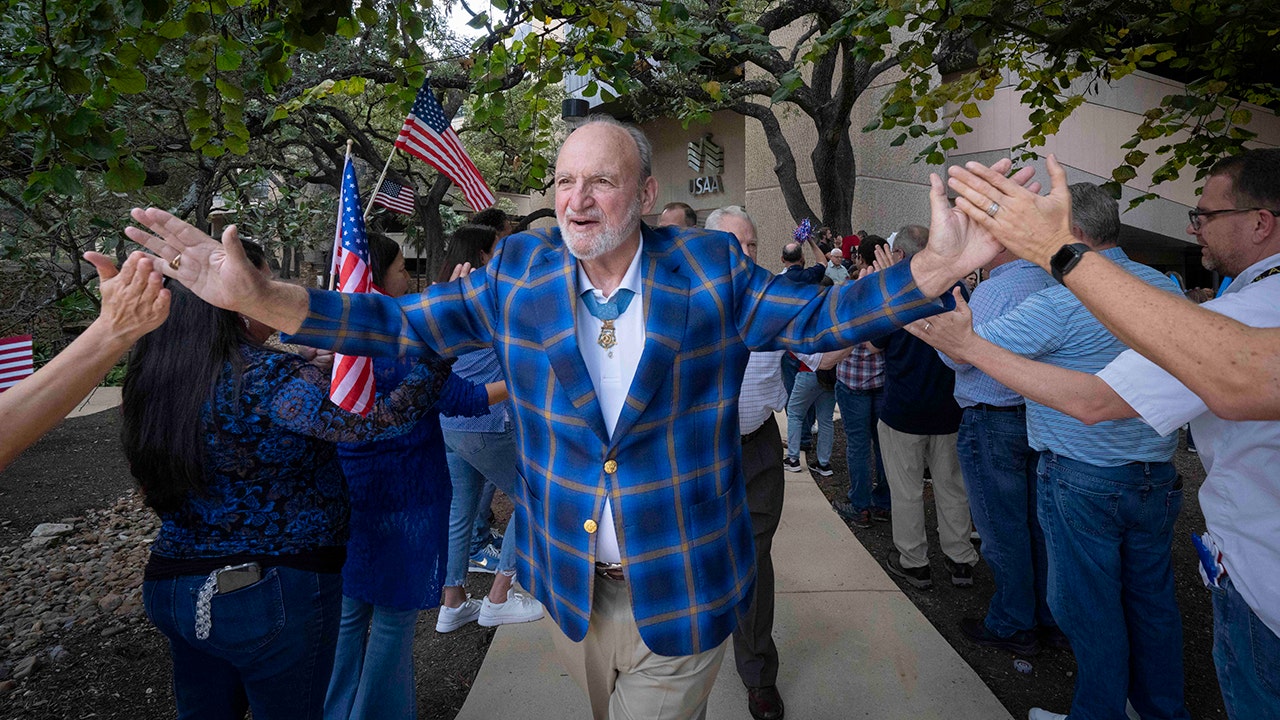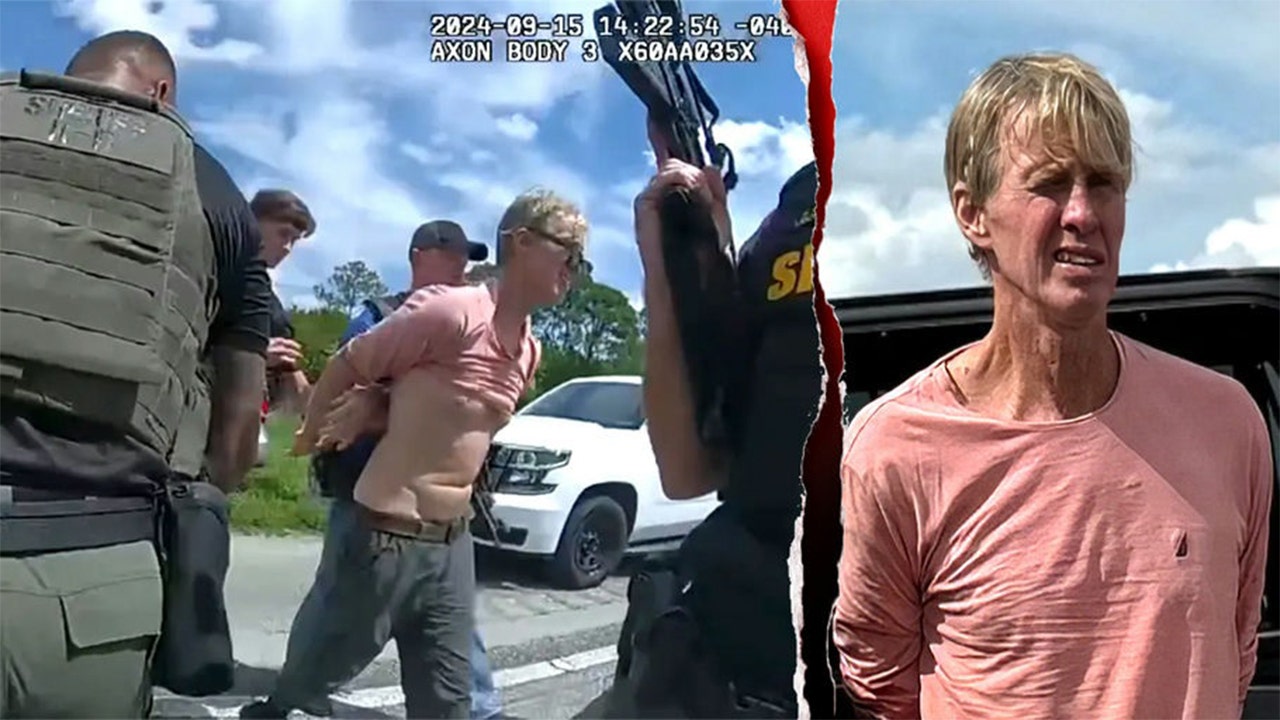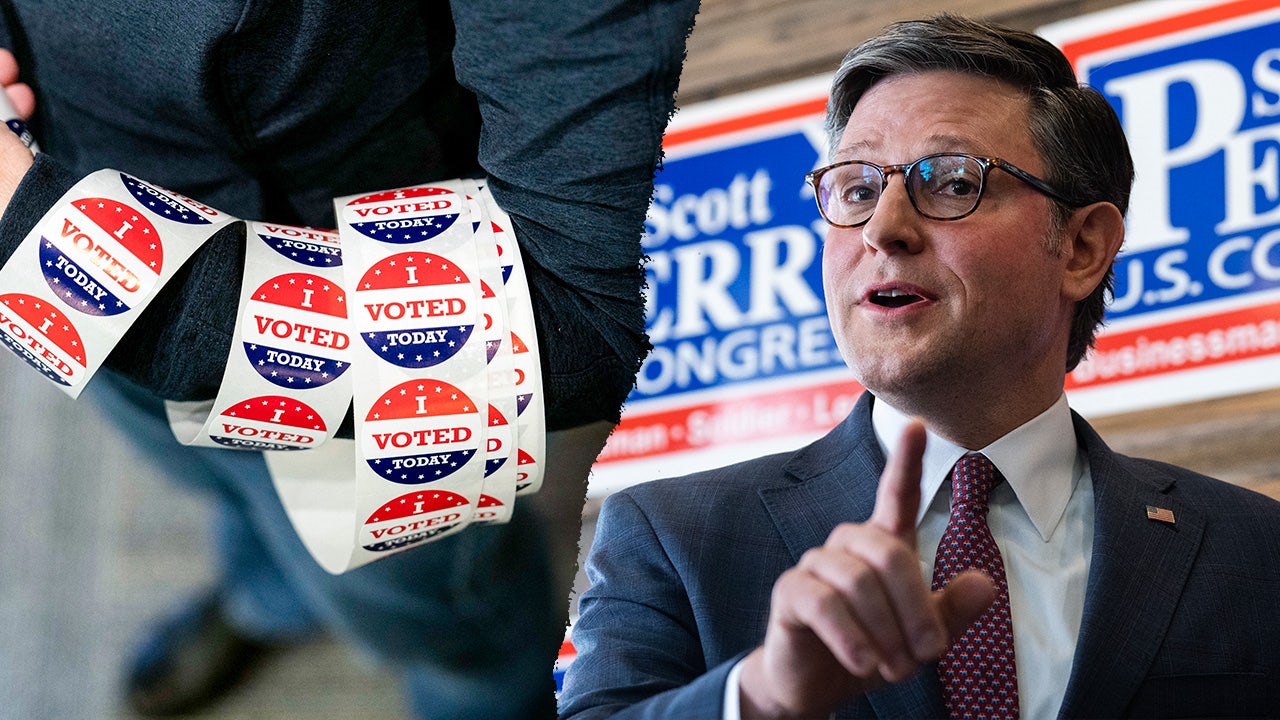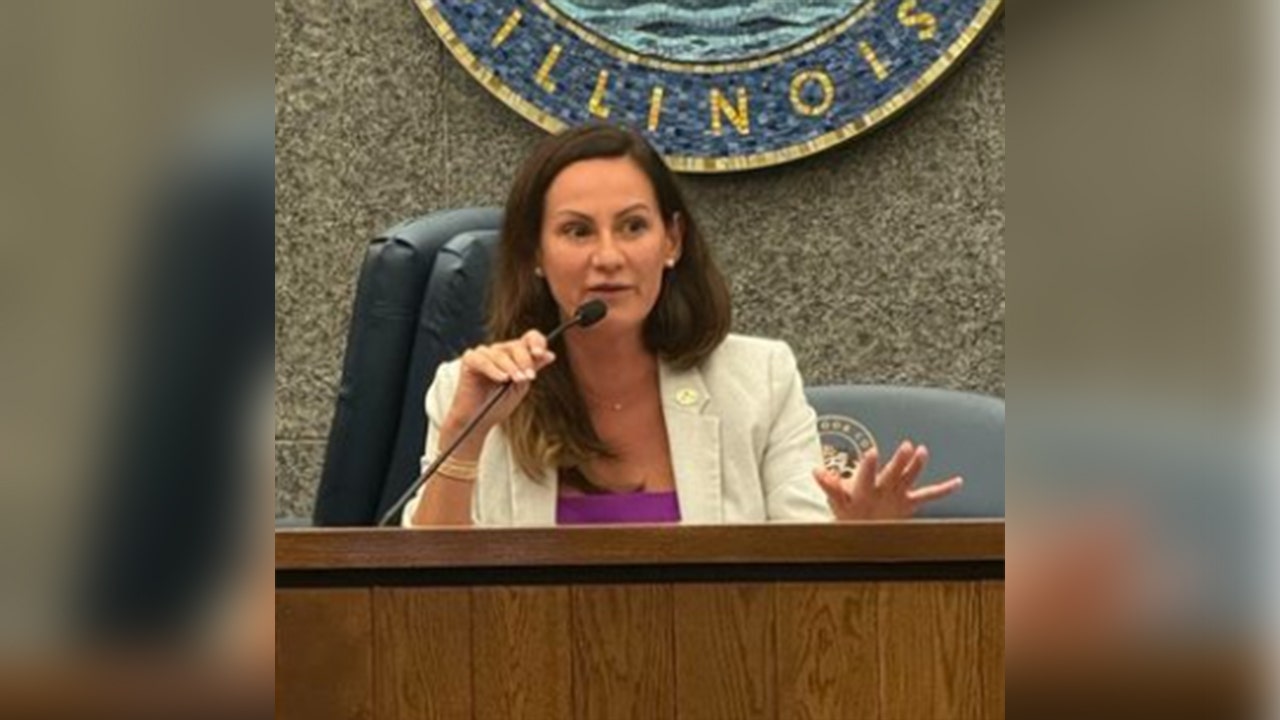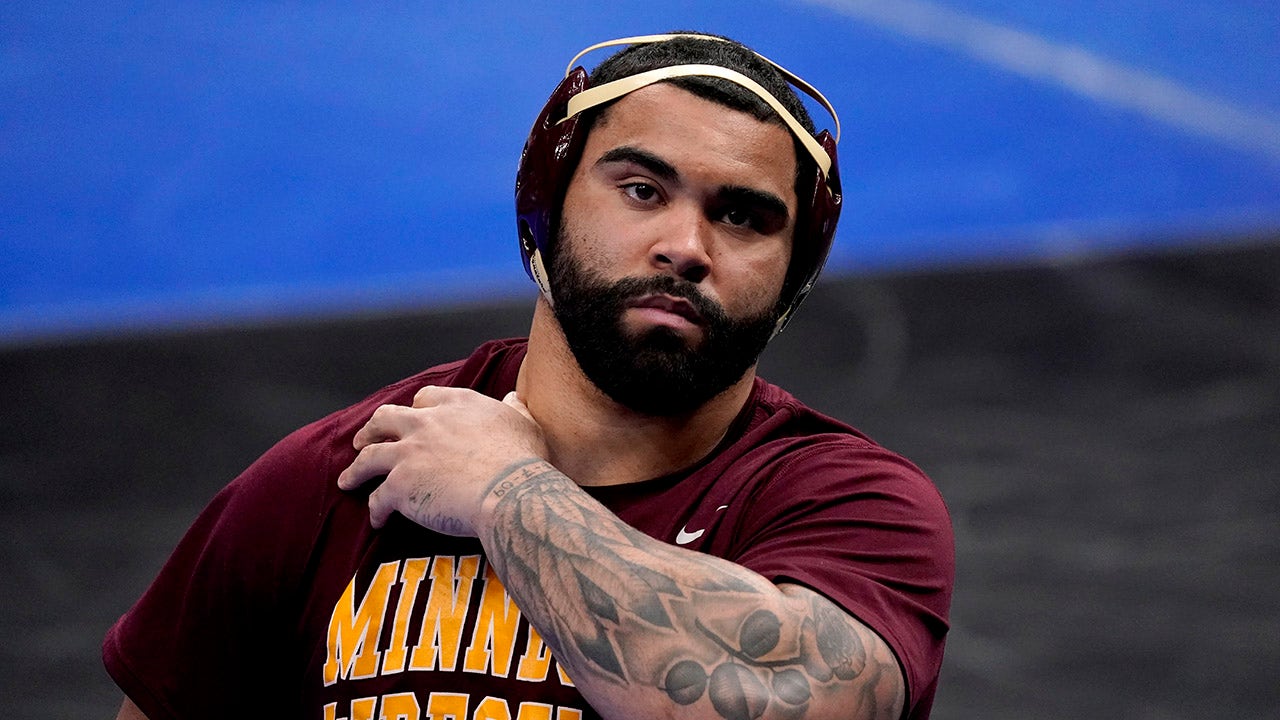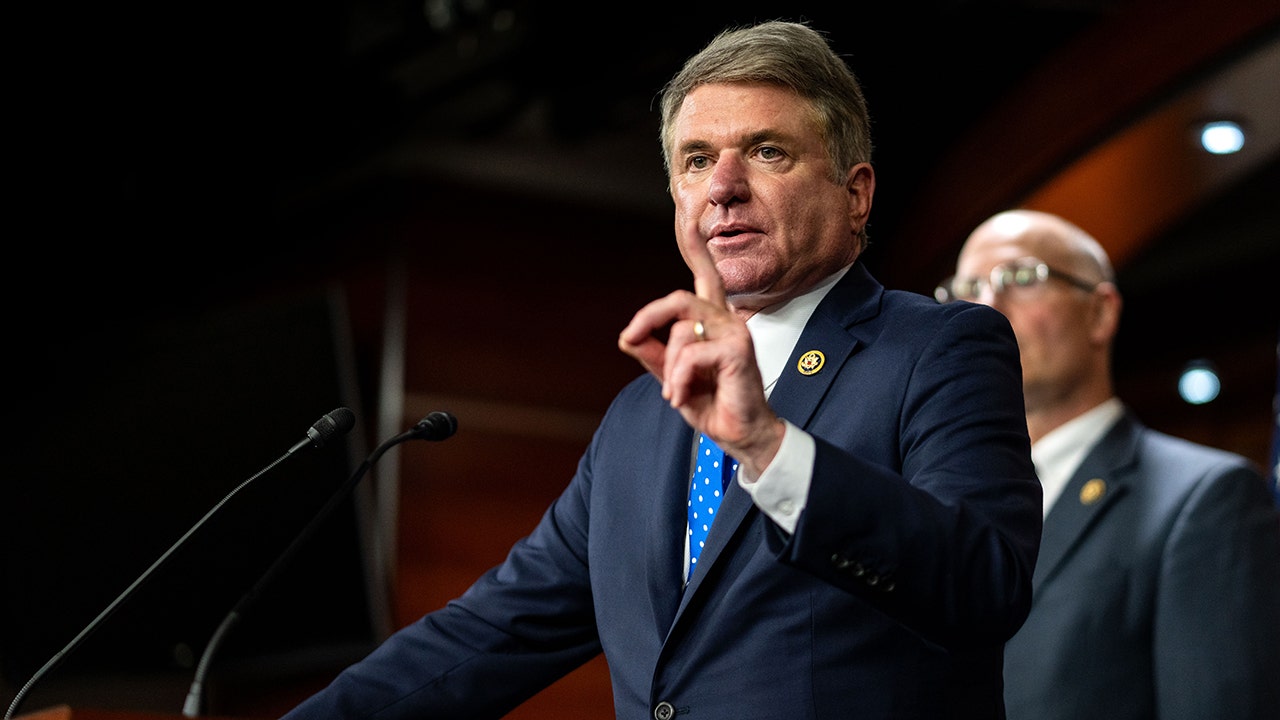Ryan Routh, the alleged gunman in what authorities believe was the second assassination attempt on former President Trump, was the subject of a 2019 tip to the FBI.
Police say a Secret Service agent on Trump’s detail opened fire after a gun muzzle was spotted poking through the perimeter fence of Trump International Golf Course in West Palm Beach, Florida, on Sunday.
Ryan Routh, 58, fled to his vehicle but was spotted by a witness who took note of his license plate number. Police stopped Routh in a neighboring county, and he is now being held on federal gun charges.
Jeffrey Veltri, the special agent in charge of the FBI’s Miami field office, wrote in a Monday press release that a tipster “alleged [Routh] was a felon in possession of a firearm” in 2019.
TRUMP ASSASSINATION PLOT EXPOSES RYAN ROUTH’S BOMB BUST, BARRICADE WITH ILLEGAL GUN IN PROFESSIONAL DEMISE
“In following up on the tip, the alleged complainant was interviewed and did not verify providing the initial information,” Veltri wrote. “The FBI passed the information to local law enforcement in Honolulu.”
Between 1980 and 2010, Routh had more than a hundred interactions with law enforcement, accruing charges ranging from writing bad checks to felony firearms possession, possession of a stolen vehicle and multiple counts of possession of a weapon of mass destruction.
The FBI receives about 1,300 tips per day, according to the agency.
“The FBI National Threat Operations Center (NTOC) fields thousands of phone calls and electronic tips a day from the public at its facility in Clarksburg, West Virginia, including information about possible terrorism, cyber-crime, theft, public corruption, violent crime, and various other types of criminal activity. Threat intake examiners rapidly evaluate each lead to determine the best course of action,” the FBI said in a statement.
“Tips involving a threat to life, serious bodily injury, or significant violent action are the highest priority. That information is then sent to the appropriate FBI field office, state/local law enforcement, tribal law enforcement, or other federal agencies and partners. Any investigative action that may be needed as a result of the phone call or tip is conducted by the applicable FBI field office or other appropriate law enforcement entity.”
Former FBI Supervisory Special Agent Scott Duffey told Fox News Digital that many tips never lead to an interview when “a supervisor deems … there may not be an action to be taken.”
Since the Parkland High School shooting in 2018, Duffey said, all calls made to the FBI involving a potential threat to a school are followed up on, otherwise it’s a judgment call.
RYAN ROUTH’S ‘POOR MAN SURVEILLANCE’ ENOUGH TO SCOUT OUT SPOT TO TARGET TRUMP: EXPERT
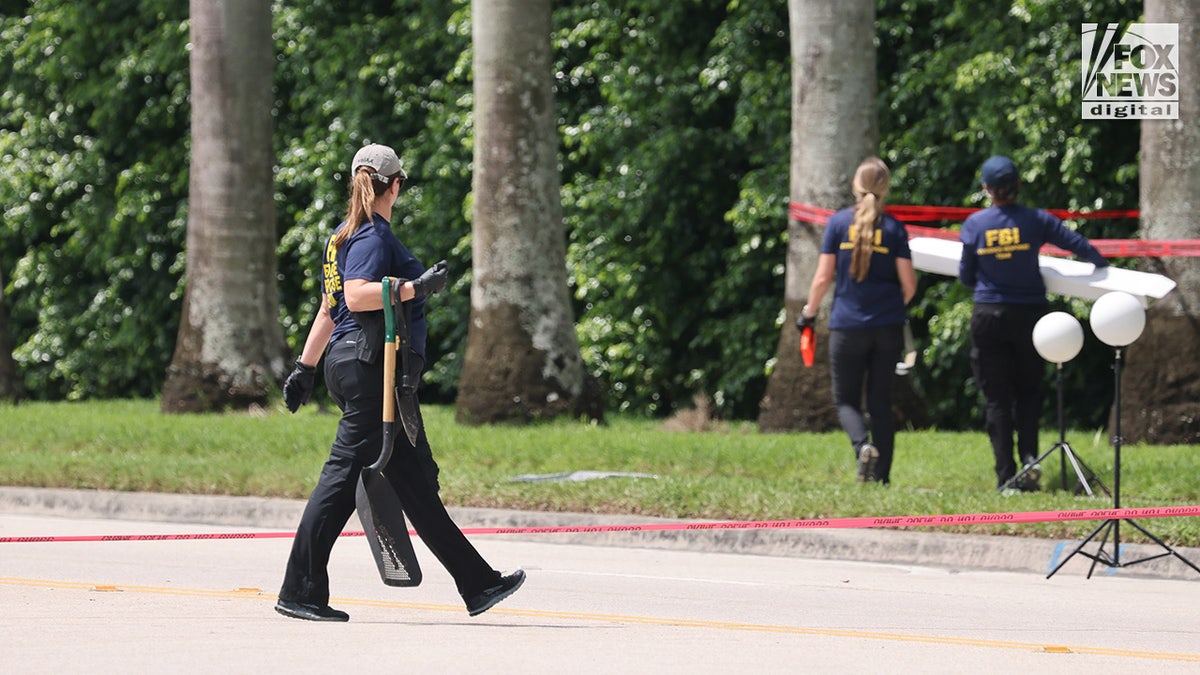
“[The tip] first goes through the FBI tips center, then goes to an office of the FBI. The local FBI office is going to do their own threat assessment. There had to be some violation of law or potential violation of law [to warrant a follow-up],” Duffey said.
“It then makes its way to an FBI analyst [who says,] ‘Let’s run that individual and see if we’ve ever been clued in about that individual before.’ There’s a tremendous amount of analysis,” he continued.
TRUMP ASSASSINATION ATTEMPT SUSPECT’S FORMER NEIGHBOR SAYS FAMILY WAS ‘WEIRD,’ KEPT A ‘HORSE IN THE HOUSE’
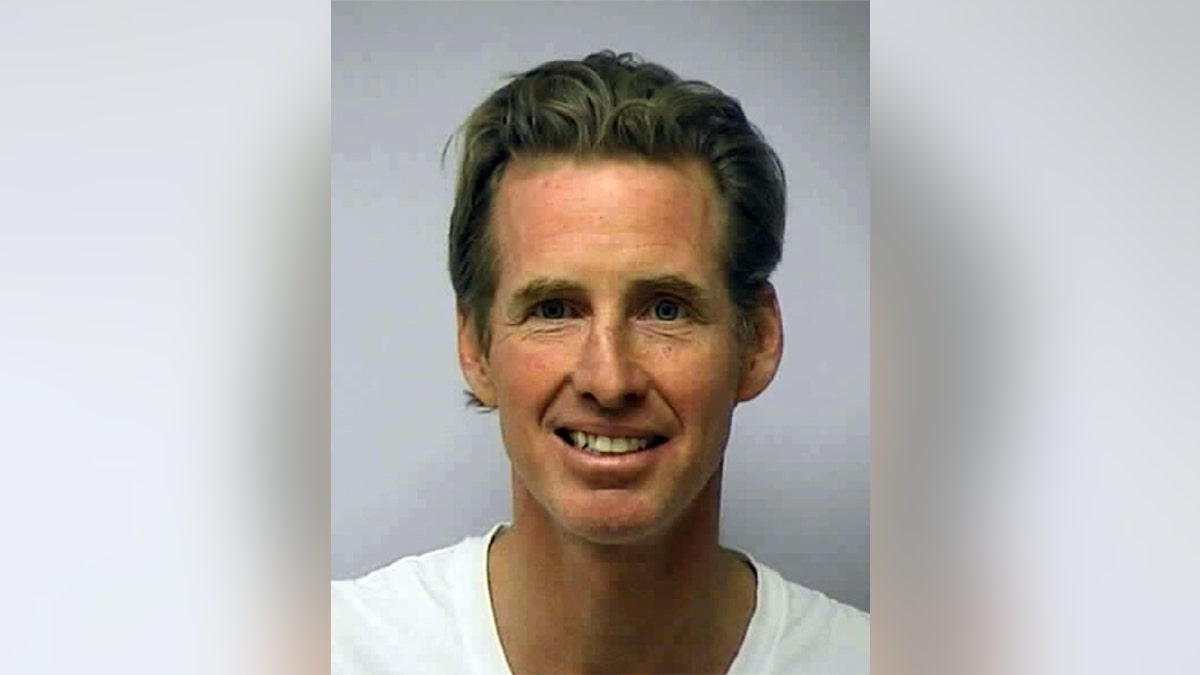
In cases with a high threat level, Duffey said, field agents often visit the subject of the tip, but “if there isn’t probable cause for an arrest, you can’t do anything.”
“If the individual is not coming off as being an imminent danger to themselves, the community or the FBI agent and hasn’t given up any information that is incriminating, the FBI agent has the ability to write down the information [from the tip] and put it in a file,” Duffey said. “Then it will be forever in a file at the FBI. The FBI can share or forward that information to local police and say, ‘Is there something that you have that could be done?'”
Read the full article here



